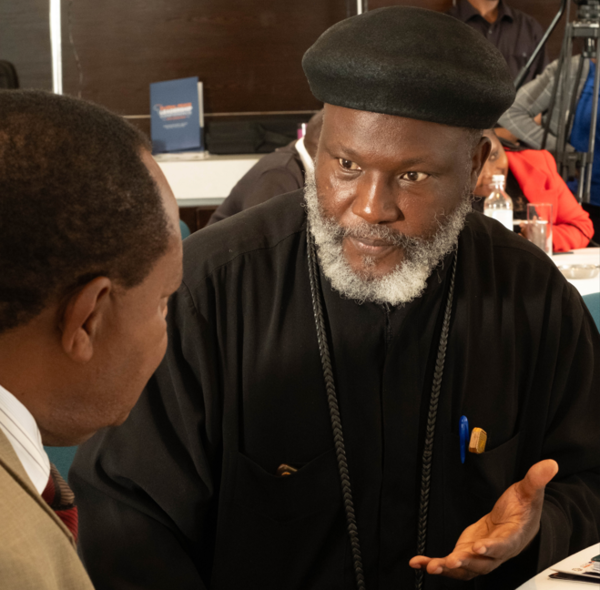The Global Peace Leadership Conference commenced yesterday in Nairobi at the Radisson Blu Hotel, with an array of roundtable discussions on factors affecting global peace.
The focus on violent extremism in the world and ways to address the prevailing issues was highlighted by panellists and experts who took part in the roundtable engagement.
During the roundtable discussion, the panellists highlighted several key issues that inform the crop of violent extremism among them ideological motivation. “Extremists are driven by a rigid and uncompromising belief system. This can be based on religious, political, racial, or other ideological grounds,” said Jean.
“Extremists may engage in acts of violence, such as bombings, shootings, kidnappings, and other forms of terrorism,” he added.
Violent extremism is the beliefs and actions of individuals or groups that support or engage in violence to achieve ideological, religious, or political goals. This can include terrorism, hate crimes, and other forms of politically motivated violence. It often involves a rejection of societal norms and an intent to cause harm or instil fear in a population to bring about change.
Extremists often reject peaceful means of resolving conflicts and instead resort to violence as the primary method to achieve their goals, however, the panellists pointed out that this is not all lost as early and on-ground sensitization will enable the youth to understand their choices and the dangers of certain ideologies.

During the discussion, one of the panellists, Mousa Ahmed, pointed out that ground-level engagements are important. “The young people are the most important link in the discussion. Therefore, I believe it is crucial that the they are engaged on the ground level. Sensitization and civic education in churches, schools, and barazas will go a long way in helping fight the issue of violent extremism,” he said.
“Don’t impose things on them, motivate the youth instead. Recognize their abilities and equip them with the right information,” one panellist said. He further highlighted that individuals may become radicalized through various means, including propaganda, recruitment by extremist groups, and exposure to extremist ideologies online.
Efforts to counter violent extremism typically focus on preventing radicalization, disrupting extremist activities, and addressing the underlying social, economic, and political conditions that contribute to the spread of extremist ideologies. This can involve community engagement, education, law enforcement, and international cooperation.
The round table and panel discussions at the Global Peace Leadership Summit in Nairobi, is an indication of the global community’s engagement and resolve to come up with popular informed policies to help combat the issue of Violent Extremism.
The opening ceremony of the Conference in which President Ruto was the keynote speaker was cancelled amid the simmering tempers in the country associated with the Finance Bill.
















